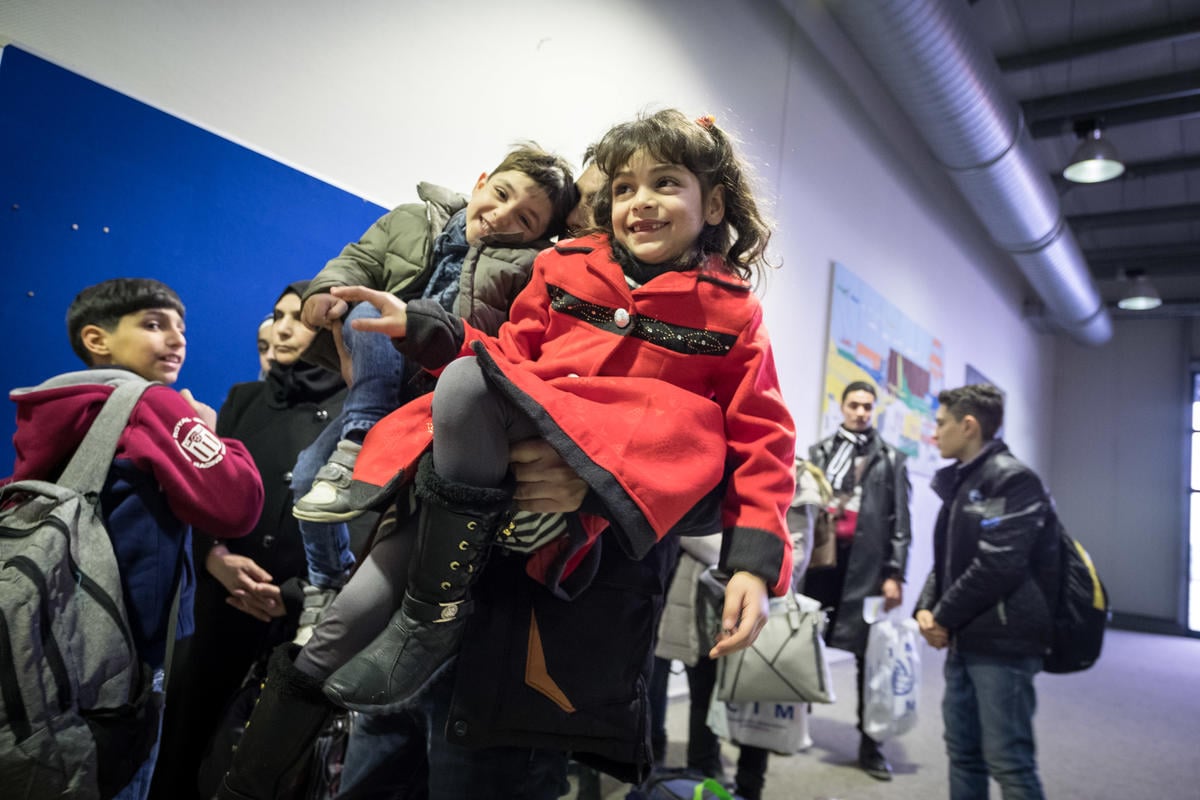Treaty of Amsterdam: UNHCR calls for a fair asylum policy in the European Union
Treaty of Amsterdam: UNHCR calls for a fair asylum policy in the European Union
The United Nations High Commissioner for Refugees today urged European Union member states to develop a fair and harmonized asylum policy. The agency made this call on the eve of the entry into force of the Treaty of Amsterdam, the 'constitution' of the European Union, on 1 May 1999.
Under the Amsterdam Treaty, the European Union is to develop common asylum legislation binding on its member states. UNHCR believes that EU countries have a particular responsibility to establish refugee protection standards which can be a model for other regions in the world.
"We welcome a common approach to asylum among European Union member states, but we would not want to see policy harmonized at the level of the lowest common denominator," High Commissioner for Refugees Mrs. Sadako Ogata said.
UNHCR has been voicing concern over the current trend in Europe of failing to distinguish between asylum-seekers and other migrants entering the region. In UNHCR's view, governments have progressively resorted to a wide range of control and deterrence measures to discourage immigrants from reaching European countries. These measures often affect asylum seekers.
"The problem is that governments in Europe often take a sweeping approach, catching both irregular migrants and those in need of international protection. Those fleeing persecution must be ensured access to a fair asylum procedure," Ogata said.
UNHCR said that many of today's asylum-seekers are fleeing not only individually targeted political persecution but also internal conflicts and civil war. Some are fleeing persecution by agents other than the State. UNHCR insisted that proper interpretation and application of the 1951 Refugee Convention can serve to protect these people in need of safety.
UNHCR considers that all persons in need of international protection should have access to individual asylum procedures. Under exceptional circumstances involving large scale movements, however, this may not be practical in the short term. For example, in the current crisis in the Federal Republic of Yugoslavia, there is an urgent need to secure continued asylum of refugees fleeing Kosovo.
"We are grateful to European countries which are coming forward to share the responsibility to host refugees from Kosovo. We ask governments to offer protection to Kosovars in a principled and consistent manner throughout Europe for as long as the need persists," Ogata said.









